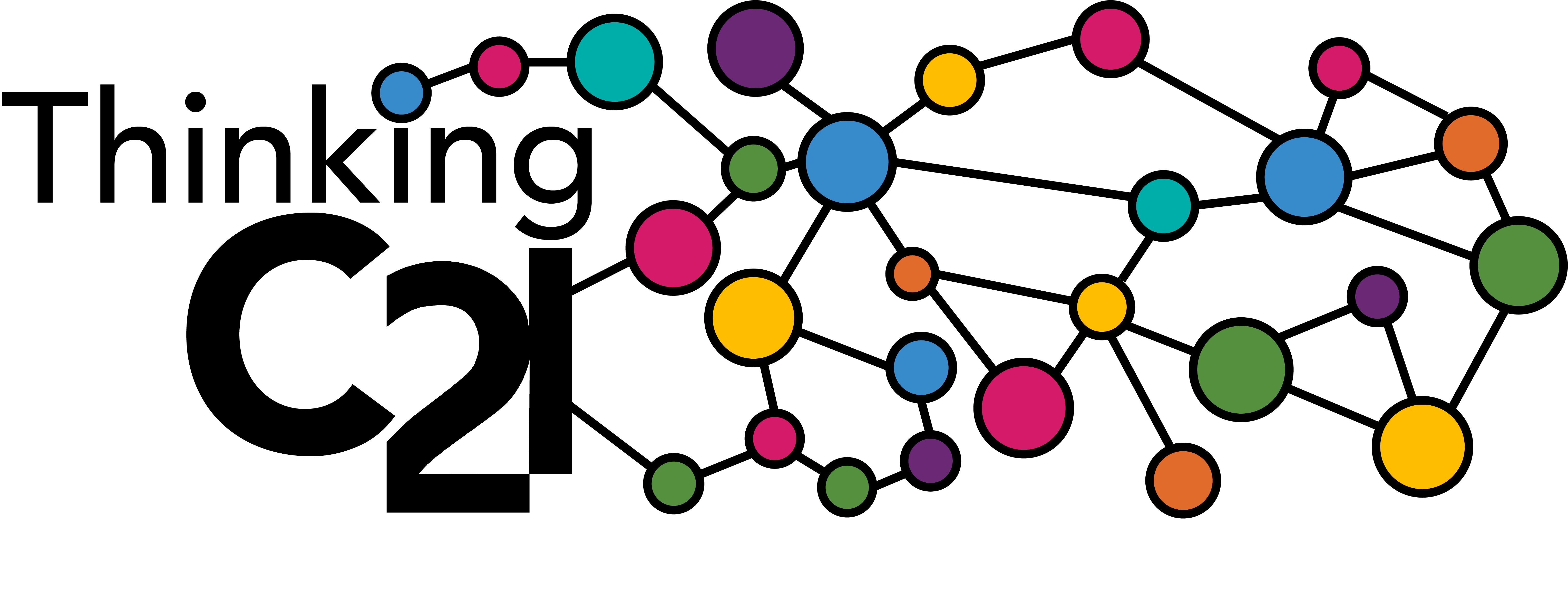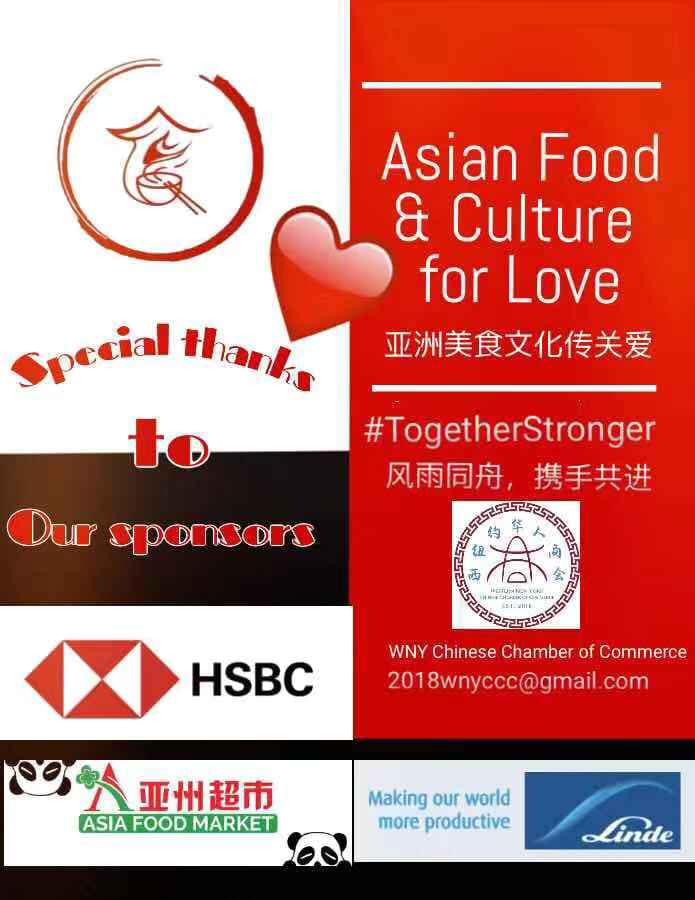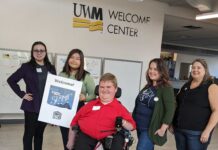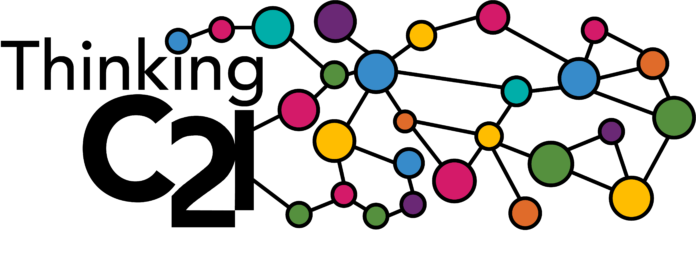By Shu Wan, University of Buffalo
During the initial lockdown phase of the pandemic, the rise of anti-Asian violence and bias incidents raised alarm in areas with large Asian American populations. How did this phenomenon affect Asian Americans in regions where their communities comprised a relatively smaller demographic percentage like Buffalo? Although Chinese Americans in general understandably reported greater anxiety or concern over the risk of being targeted for such attacks during this period, this paper explores how Chinese Americans in Buffalo used the popularity of Chinese cuisine to build trust and to nourish a greater sense of community during a time when they could have otherwise been isolated or marginalized.
Despite being considered an exotic taste over one hundred years ago, Chinese cuisine has become a common culinary component in the American diet. For Chinese Americans and immigrants who own or work in restaurants, the ethnic cuisine is their livelihood, or in Chinese, the “rice-bowl;” for their customers, it provides one option for eating out for dinner.
For the Chinese immigrant community in Buffalo, Chinese cuisine is also something nourishing the fight against the Covid-19 pandemic. Based on online resources and the oral history interviews with the Chinese immigration leader Jasmine Chen,[1] this essay aims to explore how Chinese Buffalonians nourish the community.
Located in New York, one of the most Chinese-populous states in America, Buffalo is not well-known for the historical significance of its Asian population. As immigration expert David Dyssegaard Kallick points out, “Upstate New York is not getting its share of the nation’s newcomers: immigrants make up six percent of the population in Northern and Western New York, seven percent in the Capital Region, and 10 percent in the mid-Hudson Valley—while the national average is 13 percent and the New York State average is nearly double that.”[2] However, Buffalo and other major cities in Western New York have welcomed a boom of Asian immigration and migration for two decades, which was accelerated by the pandemic. In terms of ethnic Chinese in New York, according to Chen’s testimony, “the rising cost of living and housing encouraged Chinese Americans to choose to migrate from New York City to Buffalo.”[3]
In accordance with the proliferation of the Chinese American in Buffalo, community leadership is concerned about its level of engagement with Buffalo’s local community. In the summer of 2019, the president of the Western New York Chinese Chamber of Commerce Jasmine Chen and her colleagues launched the Asian Food and Culture Festival. This idea originated in Chen’s concern about the shortage of Chinese-led cultural diversity activities in Buffalo: “There are so many cultural festivals every summer… the Indian people have their cultural festival… and so does the Burmese community… Why doesn’t our Chinese community host our own cultural festival?”[4] This curiosity inspired Chen and her colleagues to prepare for the first Chinese festival, including by seeking sponsorships and recruiting participants, in early 2019. On August 11, this inaugural event successfully attracted a large number of Buffalonians of different racial and ethnic backgrounds to come together to taste and touch Chinese American culture.
However, during their preparation for the food festival in 2020, the pandemic prevented Chen and her colleagues from arranging public activities. Concerned about aligning with other groups of the local community, they changed the theme of the cultural diversity event from “Asian Food and Culture Festival” to “Asian Food and Culture for Love Festival.” Its format also transitioned to the donations of Chinese dishes, which won the respect of the local, nonimmigrant community. As Chen recalled, “We were determined to spend the planned expenditure of the festival in purchasing meals and luncheon boxes from Chinese restaurants in Buffalo and offer them to healthcare workers on the front and nursing homes… the owners of these Chinese businesses informed us of the appreciation they received from those hospitals and nursing homes, who began to order meals from those Chinese restaurants.”[5] In addition, local legislatures also passed a resolution to articulate their “thanks, sincere appreciation and blessing to the Western New York Chinese Chamber of Commerce for hosting the Asian Food and Culture for Love Festival along with the volunteers who helped prep and deliver the meals benefiting frontline workers in our community.”[6] Through providing ethnic foods to their neighborhoods during the pandemic, Chen and her colleagues managed to nourish trust between the Chinese immigrant community and Buffalo’s local community.
In the summer of 2021, most public activities were back to normal in Buffalo, and the Chinese food festival was no exception. Chen and her colleagues collaborated with the other Asian ethnic communities in Buffalo to invite local people to “enjoy the sights, sounds, tastes, and smells of Asia at the annual Asian Food and Culture Festival.”[7] While the hard time during the pandemic was temporary, its influence on Chinese Buffalonians became permanent: they took more confidence in engaging with the local community.
Notably, the Chinese Buffalonians’ active community-based engagement may supplement, instead of substitute, the prevalent traumatic narrative of Asian Americans’ experience with the pandemic. As a result of the deteriorated racial relations and the proliferation of anti-Asian hate crimes across the United States, media coverage of Asian Americans was prominently featured, with their vulnerability and victimhood highlighted. As shown in those Chinese Buffalonians’ collective efforts to nourish the neighborhood in need, they were not “the White Man’s Burden” but actively aligned with other Americans of various races, ethnicities, and backgrounds against the harm of the pandemic. The term “community resilience” might perfectly fit the description of their activities. According to the federal government’s definition, “Community resilience is the ability to prepare for anticipated hazards, adapt to changing conditions, and withstand and recover rapidly from disruptions. Activities, such as disaster preparedness—which includes prevention, protection, mitigation, response and recovery—are key steps to resilience.”[8] During the pandemic and its ensuing public health disaster, Chinese immigrants took advantage of the popularity of their ethnic foods to strengthen community resilience in Buffalo.
[1] With financial support from Humanity New York, I am conducting an oral history project to collect Chinese Western New Yorkers’ experience during the COVID-19 pandemic (https://www.buffalo.edu/grad/news.host.html/content/shared/university/news/ub-reporter-aarticles/stories/2022/08/wan-chinese-americans-covid.detail.html). In October 2022, my colleague Yuying Wu completed the interview with Chen.
[2] Immigration Research Initiative, “New York Needs an Upstate Strategy for Immigrant Inclusion – Immigration Research Initiative,” Immigration Research Initiative – Understanding economics, advancing policy, supporting action, March 22, 2022, https://immresearch.org/publications/new-york-needs-an-upstate-strategy-for-immigrant-inclusion/.
[3] Jasmine Chen interview by Yuying Wu, October 21, 2022, courtesy of the author.
[4] Ibid.
[5] Ibid.
[6] “Celebrating and Honoring the 2020 Asian Food and Culture,” Erie County Legislature, https://www2.erie.gov/legislature/sites/www2.erie.gov.legislature/files/uploads/Session_Folders/2020/16/20PROC_AsianFestival.pdf.
[7] WGRZ Staff, “Asian Food and Culture Festival Held at Canalside,” wgrz.com, September 14, 2021, https://www.wgrz.com/article/entertainment/events/free-asian-food-and-culture-festival-being-held-at-canalside-this-weeked/71-bd3e54cd-c150-4ced-b057-0844270f428c.
[8] “Community Resilience,” NIST, January 31, 2023, https://www.nist.gov/community-resilience.
Shu Wan is currently matriculated as a doctoral student in history at the University at Buffalo. His dissertation primarily examines the history of deafness, including deaf politics, the deaf community, and deaf education, in China between the 1880s and 1940s. As a digital and disability historian, he serves on the editorial team of Digital Humanities Quarterly and Nursing Clio. Moreover, as a public historian of Chinese background, he is dedicated to documenting Chinese American experiences and resilience during the COVID-19 pandemic.







